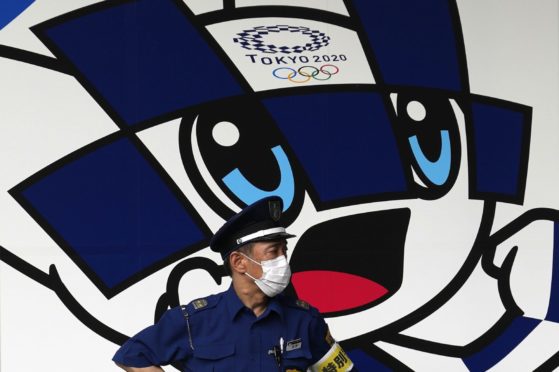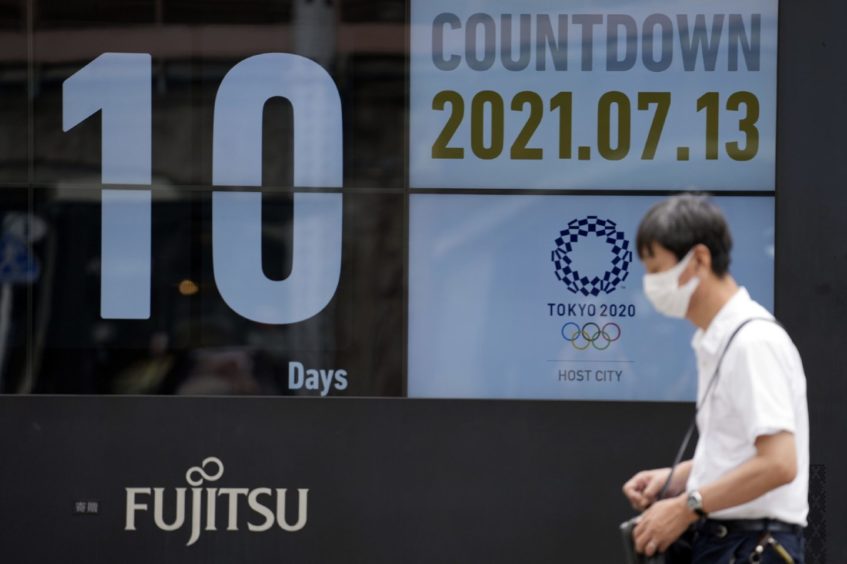Abuse, bullying and manipulation in sport are all issues I have examined since being appointed Professor of Duty of Care in Sport at Abertay University in Dundee.
In those four years, I have studied how major sport organisations across the globe respond to investigations associated with a range of mistreatment issues.
At the start, I believed the organisations concerned would step forward and see such investigations as opportunities to learn from experience.
I believed the scale and scope of their response would match the size of the problem – and that people who made mistakes would be held responsible.
I believed people who participate in sport would be protected and no longer be seen as commodities.
And I believed the number of cases related to fraud, bullying and misconduct would decrease.
I believed sport would progress beyond the obsession of winning, and would capitalise on its unique ability for people to cooperate and support each other as part of a team.
I believed victims of bullying, harassment and discrimination would be supported – and that the people who engage in unacceptable behaviour, along with their protectors and enablers, could be rehabilitated as part of an effective duty of care system.
Today marks 4 years since the Duty of Care in Sport Review was published, led by Lady @Tanni_GT.
Since then, Abertay has led on research and innovation in this area, making player welfare a priority in both our teaching and research.
A thread showing some of our actions… pic.twitter.com/gqXrXGA6pQ
— Abertay University (@AbertayUni) April 21, 2021
I believed sport systems would come together in a coordinated way to share successes and best practice and, ultimately, become more sustainable.
And finally, I believed sport would be seen as a leader across society for refusing to become conditioned to accept the mistreatment of people.
Having now researched 24 investigations across five countries, my beliefs have changed.
Sport is in a period of extraordinary crisis
There are some very capable leaders and managers who have genuinely tried to take action within their own sport during this period of extraordinary crisis.
It is hard to imagine how player associations could do any more to protect human rights, ensure the voices of participants are heard and work to make their field safe.
But the structures in place within the organisations controlling sport are so deeply entrenched that I believe system-wide reform is now impossible.
The issues blighting sport are of a similar scale and grave nature to events that led to inquiries into child abuse and the global banking collapse
There was a genuine opportunity for this following the Duty of Care in Sport Review by Baroness Tanni Grey-Thompson four years ago, but I believe that time has now passed.
I also now believe that many of the conditions are in place for a statutory public inquiry to be established specifically related to sport.
There are clear commonalities and patterns that show the issues blighting sport are of a similar scale and grave nature to events that led to previous inquiries of major public concern, including child abuse, the global banking collapse and others.
At present the approach across organisations is to take the middle ground following accusations and indicate that action will be taken.
Distant promises and quick-fix solutions are proclaimed over time to create an impression of progress.
The language is changed, always using the furtive term “culture”. New strategies are developed.
The institutions involved then seep back to their previous position, sometimes beyond it, while trustworthiness erodes in a never-ending cycle.
One step away from the precipice
To be clear, I am not calling for a public inquiry to be set up.
Just imagine what 365-plus days of public hearings, hundreds of witnesses, hundreds of thousands of disclosed documents, texts and email communications, series after series of reports and a colossal budget would do to the sport system.
I believe the fallout would inadvertently erode trust beyond a tipping point, but I do now worry sport could be one major case away to this action being taken.
As a result of my changed beliefs, I have fundamentally shifted my approach to research and initiated a new field of knowledge, called Sports Forensic.
This involves working in collaboration with organisations such as INTERPOL and KPMG to support raising awareness and help sports respond to issues associated with fraud, bullying and misconduct.
It’s been a turbulent period for all sports, not least due to the challenges presented by the pandemic, but soon, the eyes of the world will be firmly back on it as the Olympic and Paralympic flame makes its way to Tokyo.
The future of sport is at a crossroads, with an obsession with winning and monetisation down one path and regard for participant welfare and all the potential health, community and economic impacts down the other.
I believe sport organisations are left with a binary option: continue to drift into the abyss or act to prevent the mistreatment of participants
I hope they choose the latter.
David Lavallee is Professor of Duty of Care in Sport and coordinator of the new Sport Forensic programme at Abertay University.
Top sports clubs could lose stars if they don’t support wellbeing, Dundee academic warns







